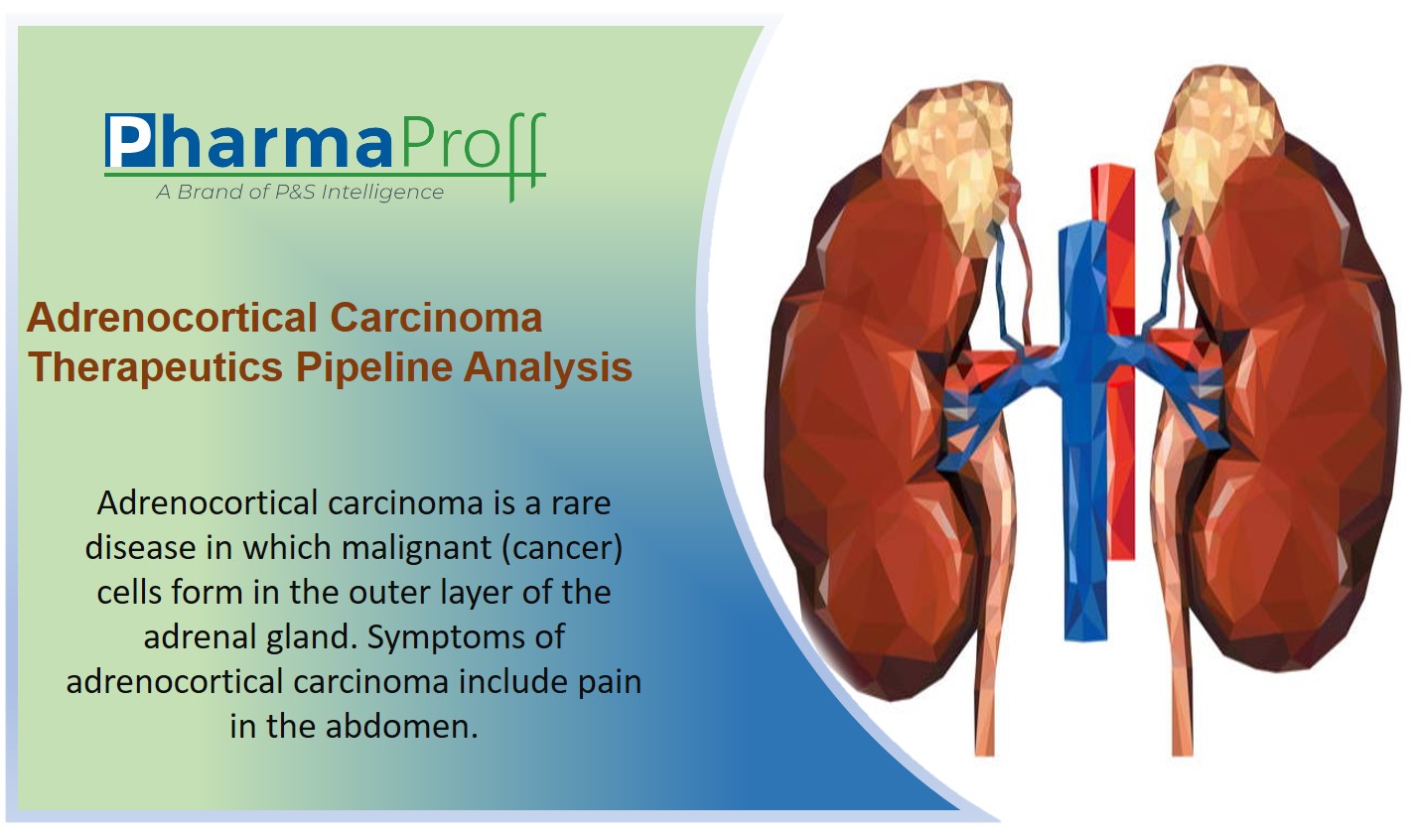Wnt signaling pathway plays an important role in embryonic development. The signaling pathway regulates cell-to-cell interaction, accelerates trophoblast development, activates blastocyst, accelerate chorion-allantois fusion and implantation. A wide range of diseases, such as different types of cancer and degenerative diseases can be treated by deregulation of components involved in Wnt/β-catenin signaling pathway. Also, researchers have demonstrated that moderate weakening of Wnt signaling can eliminate its carcinogenic potential. Based on the recent researches, Wnt Signaling Pathway inhibitors have also shown potential in cardiovascular disorders.
Download the sample report @ https://www.pharmaproff.com/request-sample/1210
According to a new research report “Wnt Signaling Pathway Inhibitors – Pipeline Analysis 2018, Clinical Trials & Results, Patents, Designations, Collaborations, and Other Developments” published by Pharma Proff, Wnt Signaling Pathway Inhibitors therapeutics currently exhibits a proliferating pipeline with 27 therapeutic candidates.
Get the detailed analysis @ https://www.pharmaproff.com/report/wnt-signaling-pathway-inhibitors
According to the research findings, majority of the drug candidates in the pipeline are being developed to be administered by the oral route. It has been observed that oral route of medications is convenient; available in delayed or rapid release formulation; provides improved patient’s compliance; and has less risk of systemic infections. Administration of Wnt Signaling Pathway Inhibitors through oral route has shown promising results in the clinical studies. Also, according to the analysis, maximum number of drugs in the pipeline are being developed as small molecules.
Positive Clinical Trial Results are Expected to Drive the Advancements in Wnt Signaling Pathway Inhibitors Pipeline
The companies developing Wnt Signaling Pathway inhibitors for the treatment of cancer and degenerative diseases, have shown positive clinical results in the various phases of drug development. For instance, in October 2018, Samumed LLC, announced the topline data from the phase IIb trial SM04690 in knee osteoarthritis, wherein the treatment with SM04690 showed improvement in function, pain, and global scores of patients.
Some of the key players involved in the development of Wnt signaling pathway inhibitors in the late and mid stage include Samumed LLC, Can-Fite BioPharma Ltd., Tactical Therapeutics Inc., Leap Therapeutics Inc., 2X Oncology Inc., Eisai Co. Ltd., and Novartis AG.



